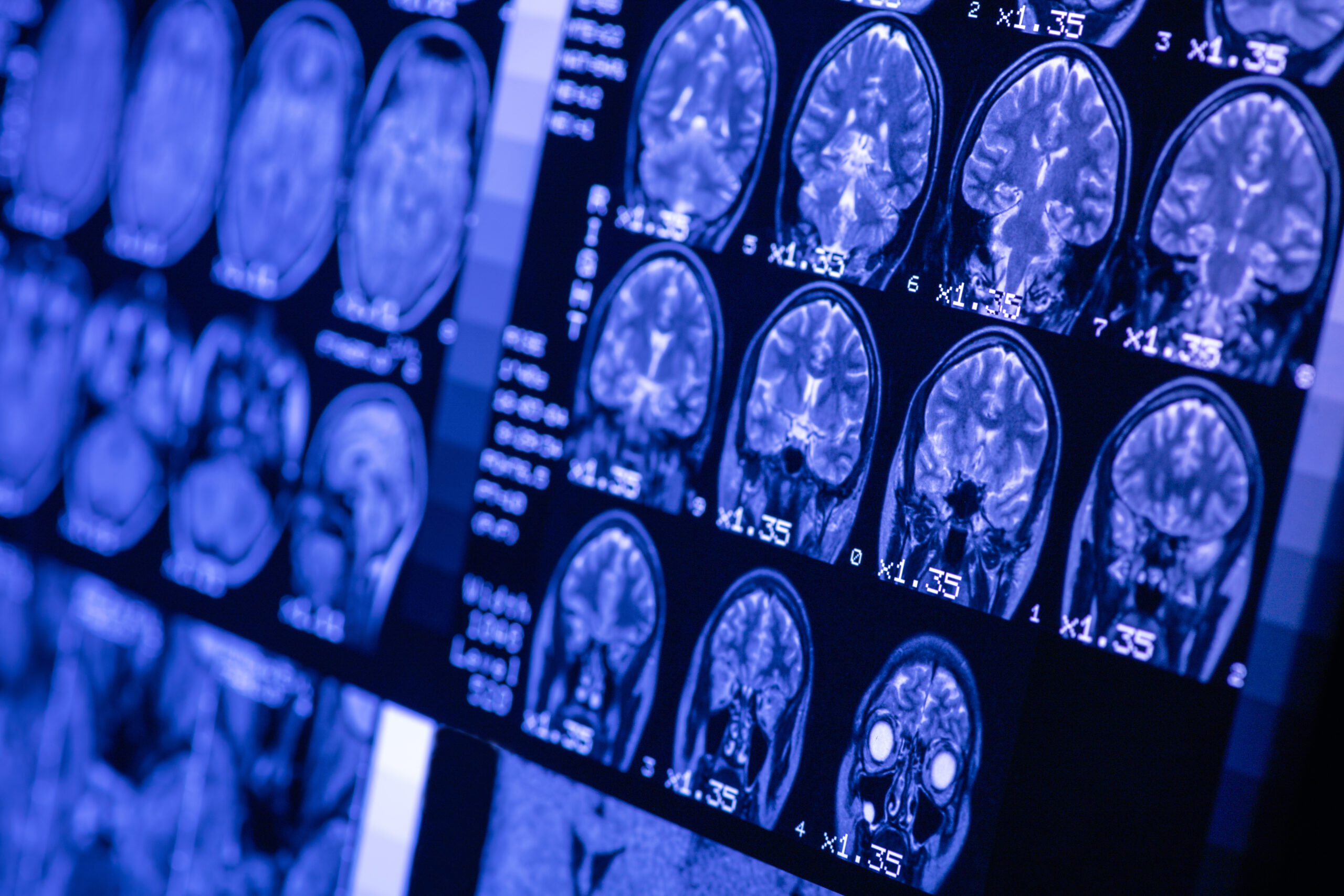
A study by medical experts at a British university suggests that neuro inflammation, which occurs in people’s brains within minutes of suffering Traumatic Brain Injury (TBI), can facilitate neuro repair but can also contribute to secondary brain damage.
The research, by scientists at Birmingham University, has been focusing upon what is being described as the “golden hour” immediately after a head injury takes place when early identification of biomarkers can enable doctors to recognise and treat those patients most at risk of secondary injury while they are still capable of responding to therapy and before irreversible brain damage occurs.
The university’s TBI group, which carries out research linked with the activity of the National Institute for Health and Care Research (NIHR), is using ground breaking technologies to search for early signs of brain damage in patients before it becomes irreversible and to identify those patients most at risk of a poor cognitive outcome or of other mental health disorders. This not only allows the development of targeted and personalised treatment to suit individual patients, but can also be used to provide ongoing care for people most at risk of repeated TBI such as sports men and women, soldiers and the elderly.
The research programme, which involves a number of different academic disciplines including medicine, sports sciences, bioengineering, psychology, chemistry and computing, is not the only research into TBI being carried out at Birmingham University. A team, led by Professor Antonio Belli at the University’s College of Medical and Dental Sciences, has identified inflammatory biomarkers which indicate whether the brain has suffered injury.
The team is trying to use them to develop a test that can be used on the side of a sports pitch or by paramedics to detect brain injury at the scene of an incident. Inflammatory markers are particularly suited for biomarker discovery because TBI leads to very early alterations in inflammatory proteins and this study has been funded by the National Institute for Health Research Surgical Reconstruction and Microbiology Research Centre.
Dr Lisa Hill, of the University’s Institute of Inflammation and Ageing, said: “Early and correct diagnosis of traumatic brain injury is one of the most challenging aspects facing clinicians. Being able to detect compounds in the blood, which help to determine how severe a brain injury is, would be of great benefit to patients and aid in their treatment.”
A third study carried out at the university has found that patients with traumatic brain injuries face a high risk of suffering a stroke in the four months following injury and this remains significant for up to five years afterwards. This review, which brought together 18 studies from four countries, is the first of its kind to investigate post-injury stroke risk.
Funded by the National Institute for Health Research’s Surgical Reconstruction and Microbiology Research Centre based at University Hospitals Birmingham NHS Foundation Trust, the review showed that TBI patients have an 86% increased risk of stroke compared with patients who have not experienced a TBI.
Significantly, the findings suggest that TBI is a risk factor for stroke regardless of the severity or subtype of the injury. This is thought to be particularly noteworthy because 70% to 90% of TBI’s are mild and suggests that a TBI should be considered a chronic condition even if it is mild and the patient recovers well.
The researchers also found that the use of anti-coagulants, such as VKA’s and statins, could help to reduce stroke risk post-TBI, while the use of some classes of anti-depressants are associated with increased stroke risk post-TBI.
For our terms of use and disclaimer follow this link: https://coulthursts.co.uk/
